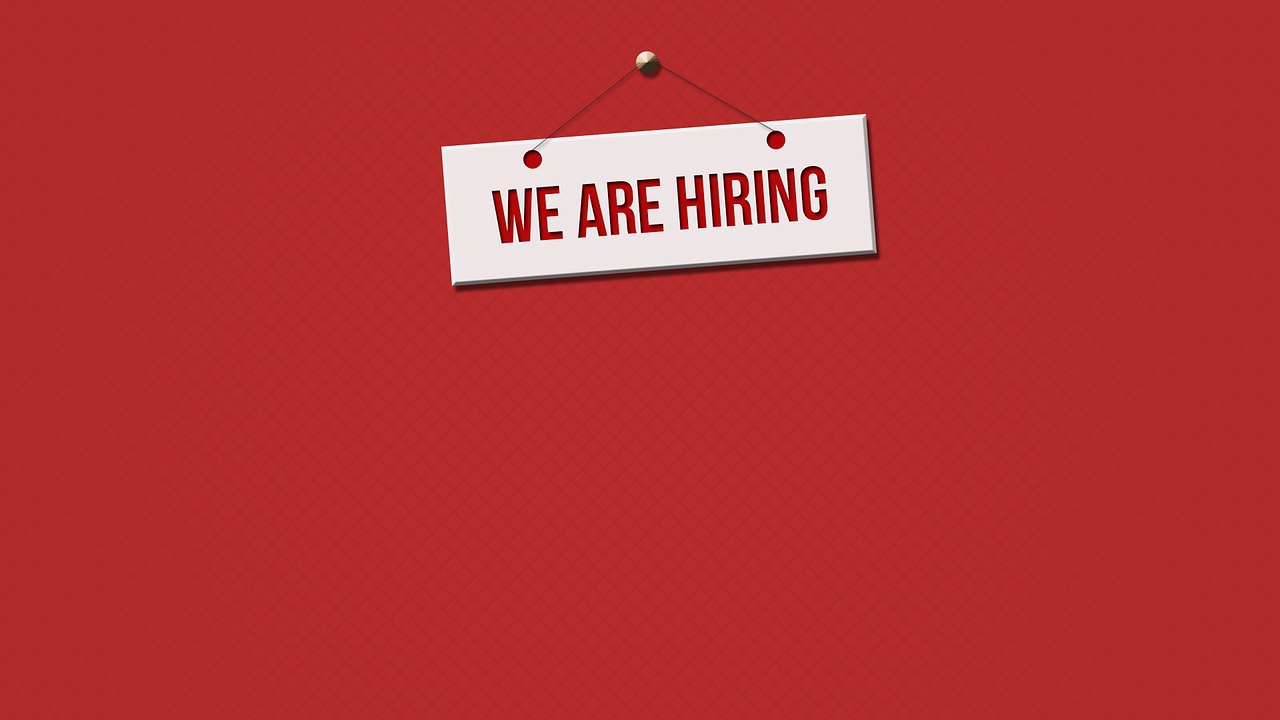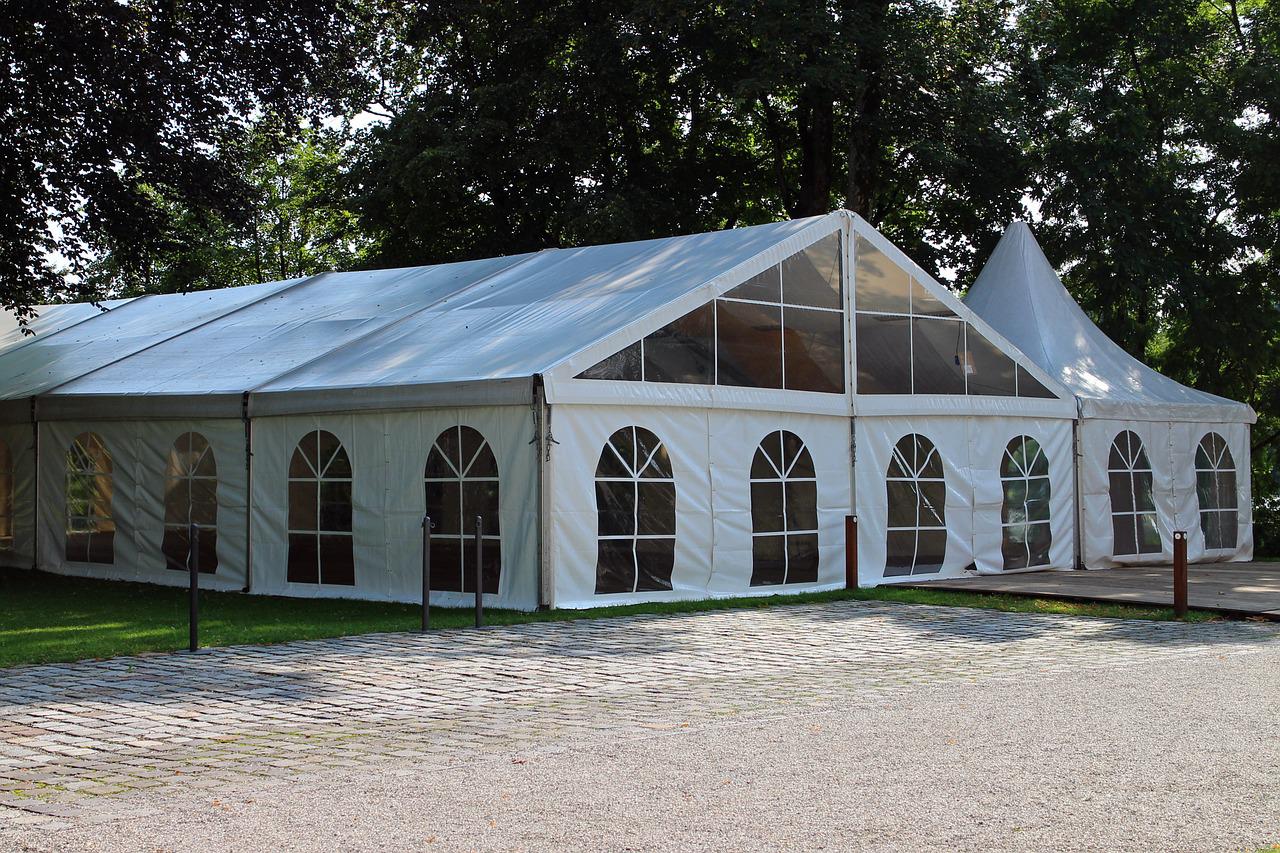The global job market was severely impacted by the pandemic that still continues to sweep across nations. Some companies scrambled to create work-from-home arrangements for their employees, while others were forced to release employees or even shut down their business.
Businesses across the world are beginning to reopen, but hiring practices have been significantly altered. While hiring is still not at levels it was before the pandemic struck, but its been on an upward trend for the past few months.
Let’s take a look at how companies and the hiring process has changed in an (almost) post-pandemic world.
Virtual interviews and on-boarding has increased
For some companies, in-person interviews are slowly resuming but with social distancing measures. This can make in-person interviews seem rather awkward, as traditional interview etiquette such as handshakes are not allowed, and the recruiter and interviewer are both wearing masks.
Some firms are going through the interview process to have candidates to choose when offices are able to reopen, while others are focusing on virtual interviews and on-boarding. It’s a great time for job seekers to focus on their remote work skills, and for employers to focus on strategies for making remote on-boarding as smooth as possible, such as remotely when you can’t meet the agents in-person.
Job recruiters on LinkedIn are giving advice to job seekers that you can expect to prepare for video interviews for most initial interactions with a company. Job seekers should make sure they have a proper setup and do video conference tests to make sure any technical issues are solved before interview time.
For successful job applicants, they’re finding the on-boarding process to be increasingly remote as well. Some companies are allowing people to start working from home, with the intention of transitioning them to the office when everything is clear.
Typically the company will ship out laptops and other IT equipment to new workers, so logistics has also become a part of the hiring process. It’s no longer a question of “Can you start tomorrow?” but rather, “Can you start when your work equipment arrives?”.
Virtual career fairs are also rising
A particularly interesting development during the pandemic has been in virtual career fairs. Like a regular career fair, participants will usually fill out a questionnaire related to job experience and interests, and be matched up with employers at the event.
These events are typically limited in time duration, and allow the fair “visitors” to browse virtual booths of the employers, which may contain links to application forms, teleconferences. Some are also using VR technology to create virtual career fairs that are set to look like real-world events.
An interesting thing to note is that virtual career fairs are not necessarily specifically for remote work-from-home positions, as companies may be seeking to hire in a local geographic location, but still conduct the candidacy search through these virtual events.
The challenge for companies is attracting individuals to check out their virtual career booth, as a virtual career fair removes the ability to immediately socialize with people while walking around a convention hall.
Pre-employment medical screening and drug testing are in a strange limbo
The pandemic has impacted normal HR workflow, which includes pre-employment medical screening and drug testing. Quarantine and lockdown measures has caused drug-testing laboratories to close down or be difficult to access, and even suspended in-person visits.
Companies are needing to explore remote testing methods, such as saliva-based tests, or breathalyzers using telehealth technology. Home-screening kits are available which can use DNA authentication technology to confirm that a sample belongs to the donor, and the tests can also detect tampering such as synthetic urine or oxidizer adulteration.
Of course, companies need to pay for these at-home drug testing kits and shipping, so it adds expenses to the process.







